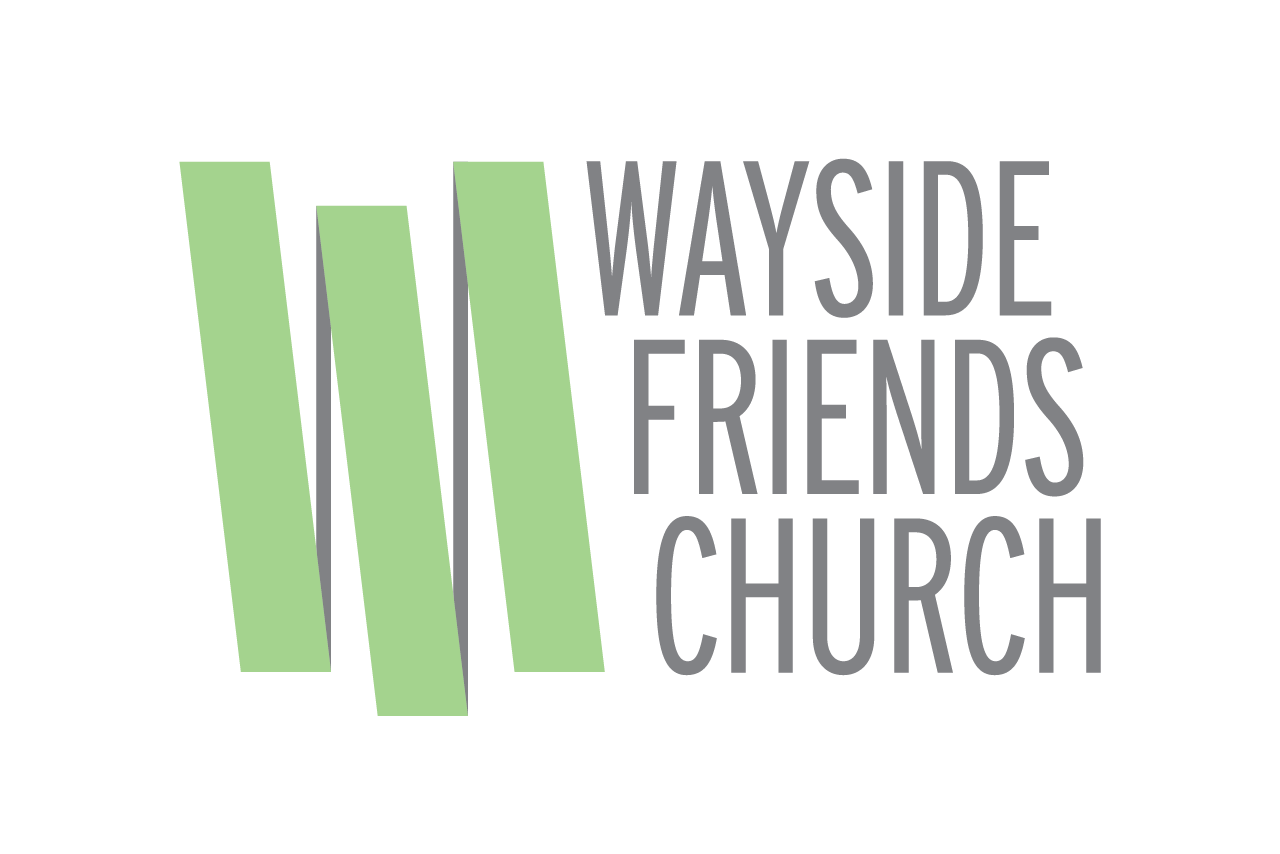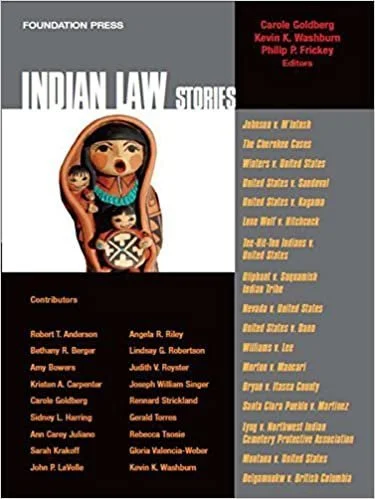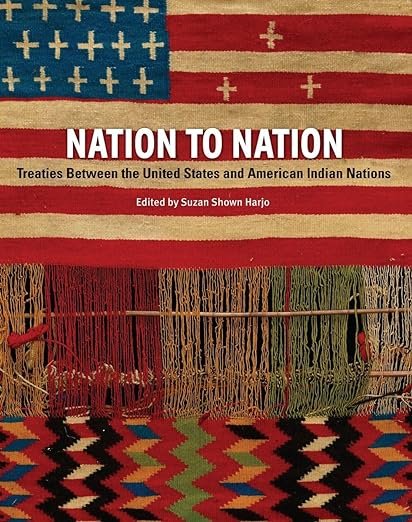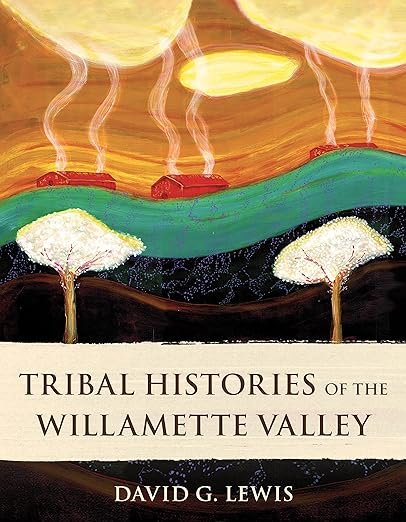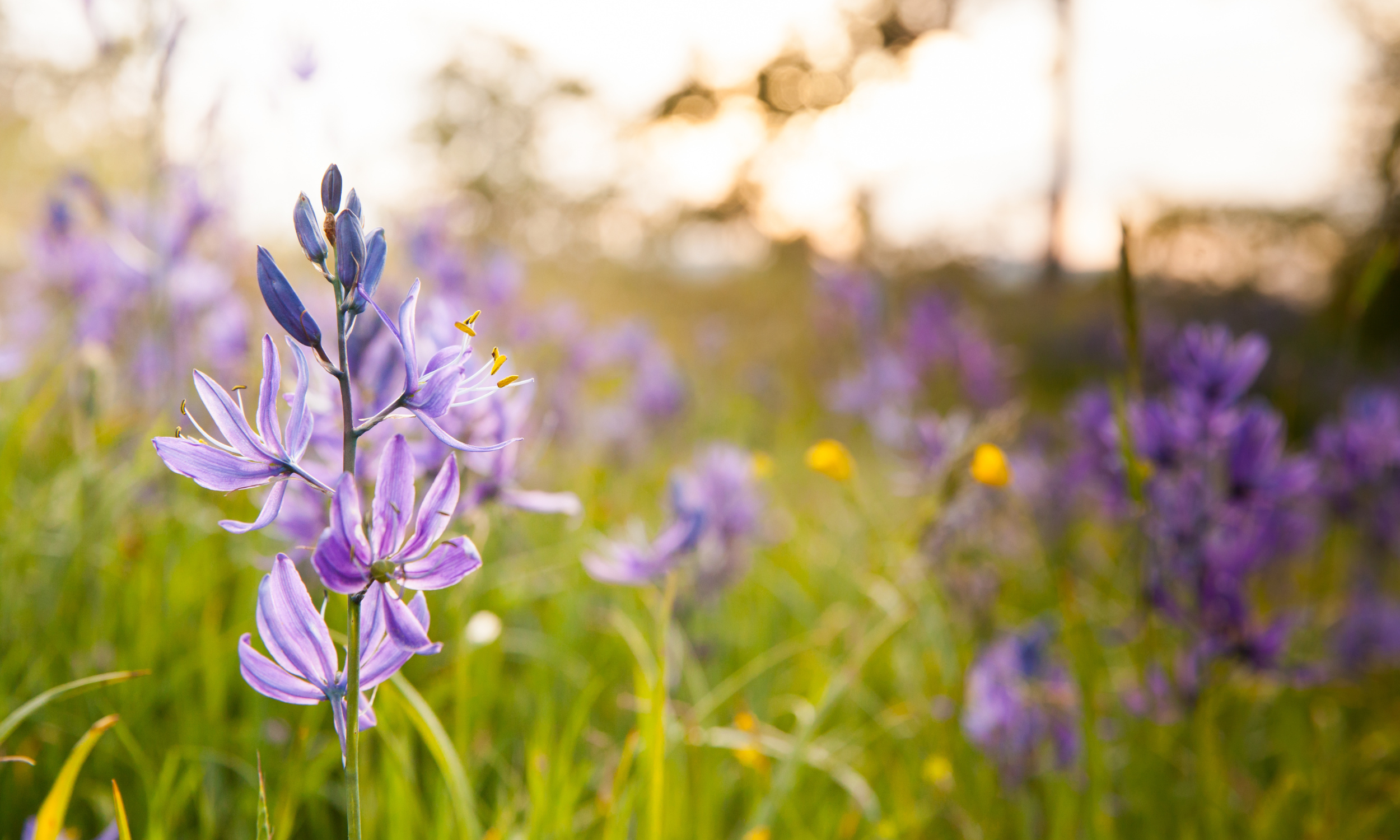
LAND ACKNOWLEDGEMNET STATEMENT
We gather today on the ancestral land of the Kalapuya, who are represented today by the Confederated Tribes of Grand Ronde. We recognize that our collective prosperity and presence on this land has been possible because the ancestral peoples were dispossessed by disease, deceit, war, and edict, here and all across the North American continent. We cannot undo the harm, and we grieve over it. We hold this grief alongside our gratitude for the First Peoples and are committed to fostering relationships with these tribes and this land.
A land acknowledgement is a formal statement that recognizes First Peoples as the original stewards of this land, and respects the ever-present relationship between Indigenous peoples and their traditional lands. The continual process and echoes of colonization deeply impact the work Wayside does in our pursuit of justice and peacemaking. Acknowledging Indigenous land and the cultural and spiritual connections it holds, is one small, yet highly important act of resistance in the face of the erasure of First Peoples and their land. Thus, this statement serves as a foundational step in Wayside’s commitment to repentance, reconciliation, and justice.
VOCABULARY
Kalapuya
Kalapuya (pronounced "kal-uh-poo-yuh") is the name given to the tribe made up of related bands of people who lived in the Willamette valley and spoke similar dialects from the same language family. The descendants of the Kalapuya peoples are now represented by the Confederated Tribes of the Grand Ronde. [a]
Confederated Tribes of the Grand Ronde
The Confederated Tribes of the Grand Ronde Community of Oregon includes over 30 tribes and bands from western Oregon, northern California, and southwest Washington. [b]
Colonization
The act of taking control of an area or a country that is not your own, especially using force, and sending people from your own country to live there. [c]
First Peoples
In reference to Indigenous people, especially referencing and recognizing more than one distinct tribe that make up the descendants of the First Nations of these lands.
Repentance
To review one's actions and feel contrition or regret for something one has done or omitted to do; (esp. in religious contexts) to acknowledge the sinfulness of one's past action or conduct by showing sincere remorse and undertaking to reform in the future. [d]
Reconciliation
The restoration of harmony, and the end of an estrangement. Religiously, an element of salvation that is the result of our atonement, or redemption from our separation from God.
Indigenous
Indigenous is a term used to encompass a variety of First peoples. It is most frequently used in an international, transnational, or global context. This term came into wide usage during the 1970s when Aboriginal groups organized transnationally and pushed for greater presence in the United Nations (UN). In the UN, “Indigenous” is used to refer broadly to peoples of long settlement and connection to specific lands who have been adversely affected by incursions by industrial economies, displacement, and settlement of their traditional territories by others. For more on how this term was developed, please see our section on global actions. [e]
Edict
An official order, especially one that is given in a forceful and unfair way. [f]
Peacemaking
Practical conflict transformation focused upon establishing equitable power relationships robust enough to forestall future conflict, often including the establishment of means of agreeing on ethical decisions within a community, or among parties, that had previously engaged in inappropriate (i.e. violent) responses to conflict. Peacemaking seeks to achieve full reconciliation among adversaries and new mutual understanding among parties and stakeholders. [g]
Justice
To make right.
Activism
The activity of working to achieve political or social change, especially as a member of an organization with particular aims. [h]
BOOKS
“And to you, my white [non-indigenous] readers, I say read with an open mind and heart. The land you walk upon, whether it be city streets, country lanes, or suburban cul-de-sacs, is Indian land. There are echoes beneath your feet that are there to be heard if you are willing to still your mind and listen to your heart.”
Provides a detailed description of the diverse tribes who inhabited the lands from British Columbia to California.
This history of education starts with the importance of education historically as the First People’s education children in tribal culture, language, and survival. It explores the boarding school movement and the desire to Christianize and “civilize” the children and ends with the more recent movement to return the control of the schools to tribal councils.
This descriptive study of present-day teachers and administrators gives a voice for those involved in reservation schools. They relate ways to successfully meet the academic and cultural needs of students.
Describes a way to spend at least 100 days reconnecting with the sacred earth.
This book includes a review of different cases of federal Indian law exploring conflicts over sovereignty and property over the last 200 years.
The prosperity of the Osage Nation in Oklahoma during the 1920’s is met with jealousy, greed and murder. This recounting of the times includes the work of the newly created FBI that uncovered conspiracies against the Osage Nation and the deaths of its members.
"Using biblical and current-day illustrations of everyday peacemakers, Mending the Divides offers a theologically compelling, richly personal, and intensely practical set of tools that equip us to join God in the restoration of broken relationships, unjust systems, and global conflicts."
The legacy of the Whitman Mission is explored by uncovering the historical information rather than the stories retold about the mission and the harm caused for the First peoples of the Pacific Northwest.
Discusses the made, broken and exploited treaties between the US and the Nations by exploring the motives, rational, and beliefs of each group.
Introduces the people of nine tribes of the area and chapters written by members of each tribe.
Tells the story of how God works in the beauty, color, and beauty of the natural world as it is shared in the myths and legends of the First Peoples.
Peter Cozzens’ well researched book covers Indian wars following the Civil War 1860’s to the 1890’s and that led to the death, loss of lands, and displacement of the First Peoples of the western lands of the United States.
"In these stories, enriched by photographs and maps, Oregon Indigenous historian David G. Lewis combines years of researching historical documents and collecting oral stories, highlighting Native perspectives about the history of the Willamette Valley as they experienced it."
The story of Billy Frank Jr’s involvement and leadership in fighting for tribal fishing rights in the 1960 and beyond in the Pacific Northwest.
Book 1 // In this book of fiction, biography and mystery, Dan, a Lakota Elder asks the author, to write his story. Kent, a non-indigenous person, had begun his career helping young people interview and collect the stories of tribal elders on the Red Lake Ojibwe Reservation in Minnesota. Dan tells his story, as he and Kent explore the lands of the Lakota people, the history of Dan’s life and challenges of his culture in the Indian boarding schools and beyond. This story is also available as a video by the same name.
Book 2 // Dan, a Lakota Elder, and Kent continue their journey to explore the past experiences and the reality of the struggle of the Lakota people during the era of Indian boarding schools.
Book 3 // This final book in the series about Dan, a Lakota Elder, continues the journeys begun in the first books. In this book, more of Dan and the Lakota’s experiences are shared, but it also moves from revealing the stories of the past and includes how the next generation may carry on the traditions of the elders.
Resource books by and about Indigenous Peoples in the U.S. were shared by Tricia Hornback, Ph.D. [she/her] (Cherokee Nation/Shawnee).
[a] “This IS Kalapuyan Land: Tribes and Languages Map.” Five Oaks Museum.
[b] “Our Story.” Confederated Tribes of the Grand Ronde.
[c] “Colonization.” Oxford Learner’s Dictionary.
[d] Unterman, Jeremiah. Justice for All: How the Jewish Bible Revolutionized Ethics. Jewish Publication Society, 2017.
[e] “Terminology.” Indigenousfoundations.
[f] “Edict.” Cambridge Dictionary.
[g] “Peacemaking.” Wikipedia.
